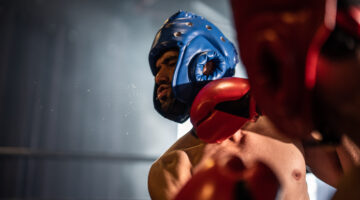A new smartphone biosensor may provide particularly helpful point-of-care possibilities for medicine in remote locations and developing nations.
Researchers at the University of Illinois, Urbana-Champaign are developing a smartphone app plus cradle device that can take food samples and determine whether they have toxins or allergens. It can also detect bacteria and contaminated water, according to a university press release. And, of course, no new biotech app would be complete without claiming to also check medical diagnostics. But all these features combined provide interesting point-of-care possibilities.
And they’ve received a National Science Foundation grant to expand that potential–maybe in the direction of iron deficiency testing in expecting moms.
According to the release:
“Having such sensitive biosensing capabilities in the field could enable on-the-spot tracking of groundwater contamination, combine the phone’s GPS data with biosensing data to map the spread of pathogens, or provide immediate and inexpensive medical diagnostic tests in field clinics or contaminant checks in the food processing and distribution chain. . . .
“The entire test takes only a few minutes; the app walks the user through the process step by step. Although the cradle holds only about $200 of optical components, it performs as accurately as a large $50,000 spectrophotometer in the laboratory. So now, the device is not only portable, but also affordable for fieldwork in developing nations.”

The Role of Consultants in Tackling Healthcare Expenses
To ensure effective cost mitigation, employers can’t wait for the market to adjust — they have to punch first.








